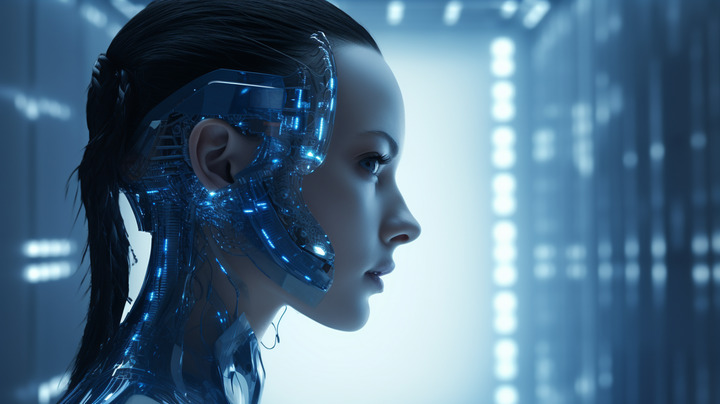In recent years, Virtual Reality (VR) has transcended its initial role as a gaming platform, finding profound applications in education and training. While VR technology has long been associated with immersive gaming experiences, its potential to revolutionize learning and skill development across various domains is increasingly being recognized.
Virtual Reality: A Paradigm Shift in Learning
Virtual Reality represents a shift in the way we perceive and interact with digital content. By immersing users in simulated environments, VR offers an unparalleled level of engagement and presence, enabling experiential learning experiences that transcend traditional classroom settings.
In education and training, VR holds the promise of fostering deeper understanding, retention, and skill acquisition through providing immersive, hands-on experiences.
Applications of Virtual Reality in Education
One of the most compelling applications of VR in education is its ability to transport students to virtual environments that would otherwise be inaccessible or impractical to experience in real life. For example, VR simulations can recreate historical events, natural phenomena, or scientific processes, allowing students to explore and interact with concepts in ways that textbooks or lectures cannot replicate. This immersive approach to learning promotes active engagement and deepens comprehension.
In addition to content delivery, VR has proven effective in enhancing practical skills training across various disciplines. From medical simulations that enable aspiring healthcare professionals to practice surgical procedures in a risk-free environment to vocational training programs that simulate real-world work scenarios, VR provides a safe and cost-effective means of honing skills and building confidence.
Furthermore, VR offers unique opportunities for personalized and adaptive learning experiences. By tailoring content and pacing to individual learner needs, VR applications can accommodate diverse learning styles and preferences, ensuring that each student receives targeted support and scaffolding.
Benefits of Virtual Reality in Training
In the realm of workforce training and professional development, VR offers tangible benefits in terms of cost savings, scalability, and effectiveness. Traditional training methods often involve logistical challenges, such as scheduling in-person sessions or securing access to specialized equipment. VR-based training eliminates these barriers by providing anytime, anywhere access to immersive learning experiences.
Moreover, VR simulations enable trainees to practice complex tasks and scenarios in a realistic yet controlled environment, reducing the risk associated with on-the-job training. Whether it’s training airline pilots to handle emergency situations, equipping factory workers with safety protocols, or simulating customer interactions for service industry professionals, VR empowers learners to gain practical experience without real-world consequences.
Beyond skill acquisition, VR-based training can also enhance retention and transfer of learning. Studies have shown that immersive experiences leave a lasting impression on learners, resulting in higher knowledge retention and transfer to real-world settings. By engaging multiple senses and promoting active participation, VR facilitates deeper learning experiences that resonate long after the training session ends.
Challenges and Considerations
Despite its promise, the widespread adoption of VR in education and training faces several challenges and considerations. Technical limitations, such as hardware costs, system requirements, and content development complexities, may pose barriers to entry for some institutions and organizations. Moreover, ensuring equitable access to VR technologies and addressing concerns related to privacy, safety, and ethical use are critical considerations that require careful attention.
Looking Ahead: The Future of VR in Education and Training
As VR technology continues to evolve and become more accessible, its potential to transform education and training remains boundless. From K-12 classrooms to corporate training programs, VR has the power to revolutionize how we learn, teach, and train. By harnessing the immersive capabilities of VR to create engaging, interactive learning experiences, we can unlock new possibilities for knowledge acquisition, skill development, and lifelong learning.




